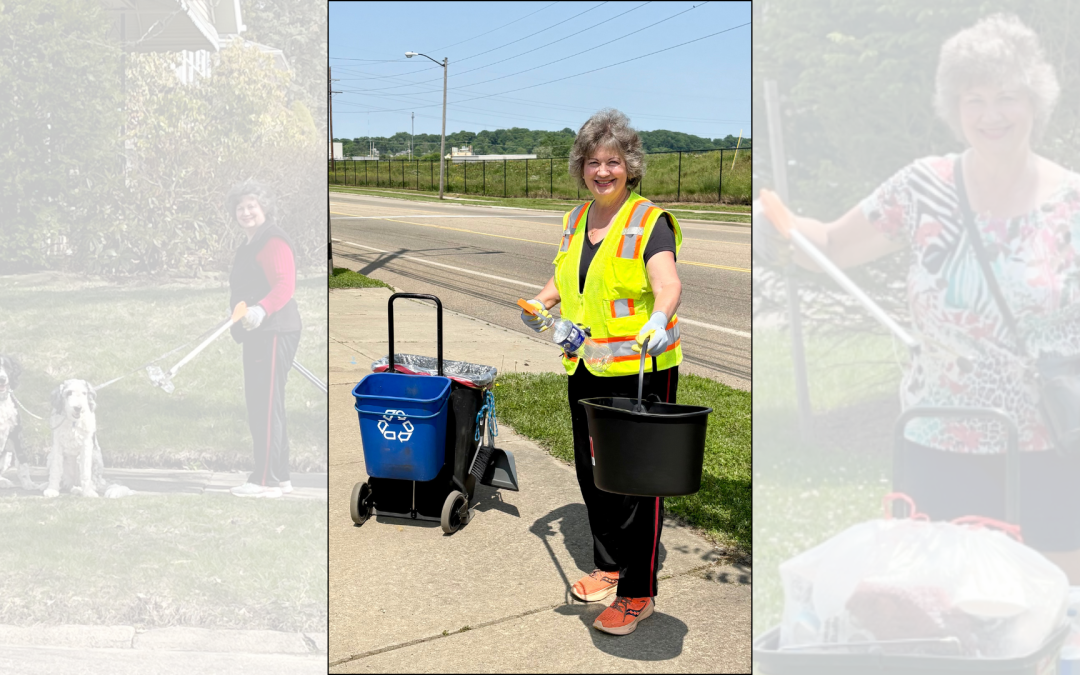
Akron Woman Removes 1 Million Pieces of Litter from City Streets
Discover how Debbie Miller turned a tragic accident into a city-wide movement, transforming Akron one piece of litter at a time.

Discover how Debbie Miller turned a tragic accident into a city-wide movement, transforming Akron one piece of litter at a time.

Join us in honoring the National Award recipients who are leading the charge for sustainability and community enhancement across America.

Affected Pottawatomie County homeowners can register now to receive free trees and services to recover from the April 2023 tornado.

Keep America Beautiful’s Dave Forsell visits California affiliates, from San Jose to Riverside, discovering stories of passion and impact.

Join Dave Forsell at his first Keep Nebraska Beautiful meeting in Omaha, discovering the power of relationships in conservation.

Learn how this Florida affiliate plans to preserve its natural landscape through beautification and waste reduction.